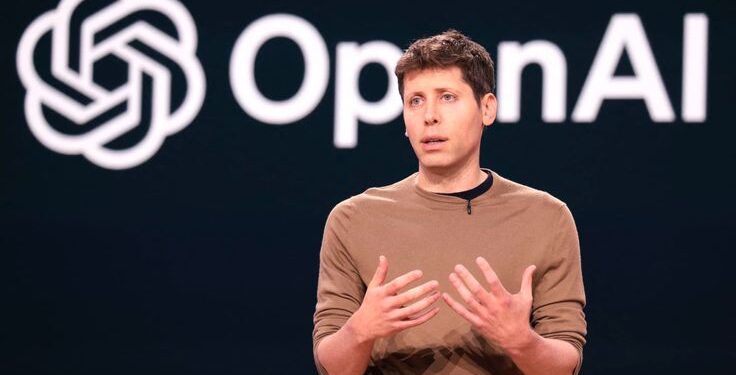The company behind ChatGPT is working to regain its footing as competition intensifies in the tech industry.
After weeks of internal strife and significant talent poaching by competitors, OpenAI is shifting its focus back to recruitment, responding to a challenging month. Meta Platforms, the parent company of Facebook, Instagram, and WhatsApp, has successfully attracted around a dozen top AI researchers from OpenAI, offering lucrative salaries, increased autonomy, and a joint vision for developing Artificial General Intelligence (AGI).
This wave of departures has impacted morale, prompting OpenAI to grant employees a week off to recharge. However, the company is now making its own hiring moves, reportedly bringing on four prominent engineers from rival firms. Among them are David Lau, former Vice President of Software Engineering at Tesla; Uday Ruddarraju, former Head of Infrastructure Engineering at Elon Musk’s xAI; Mike Dalton, also from xAI; and Angela Fan, an AI researcher previously at Meta. Both Dalton and Ruddarraju played key roles in xAI’s supercomputer project, Colossus.
At the annual Allen & Company Sun Valley Conference, OpenAI CEO Sam Altman downplayed the talent losses, stating, “We have an incredibly talented team… Obviously, some people will go to different places. There’s a lot of excitement in the industry.”
ICMYI: Breakthrough Malaria drug approved for newborns in Africa
To shift the narrative back towards innovation, OpenAI is reportedly preparing to launch its own AI-powered web browser, challenging Google Chrome. This browser will integrate Operator, OpenAI’s web-browsing AI agent, and aims to enhance user interactions by keeping them within ChatGPT, reducing reliance on third-party sites. This strategy may also help OpenAI gather more first-party user data.
This announcement coincides with rival Perplexity’s launch of its own AI-native browser, Comet, which aims to transform online browsing experiences.
Additionally, OpenAI is expected to release an open-source version of its reasoning model next week, a strategic move to compete with Meta, which has focused on open-source AI development to expand its influence.
The stakes are high for OpenAI, as its leadership in generative AI faces challenges from Meta’s talent pool, the emergence of Perplexity, and ongoing scrutiny regarding its governance and partnership with Microsoft. OpenAI is at a critical juncture: regain momentum or risk losing its competitive edge.
The company did not respond to requests for comment.
SOURCE: GIZMODO



























